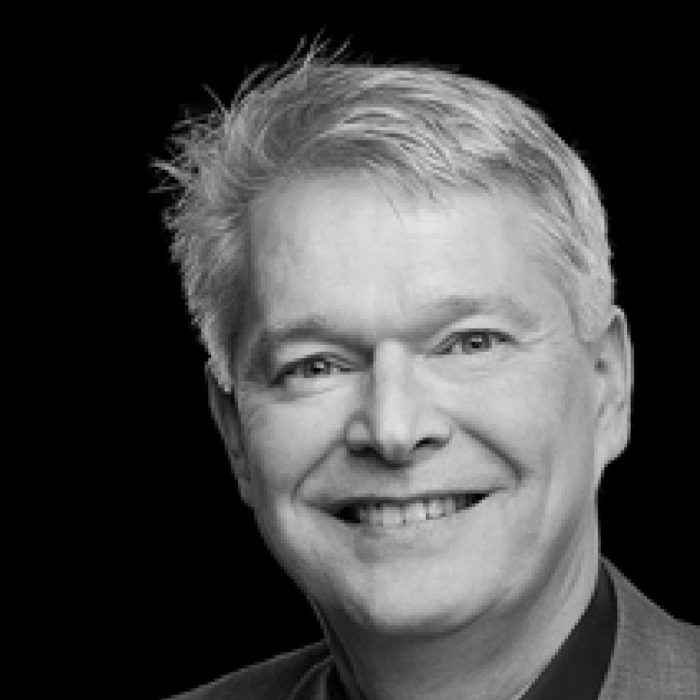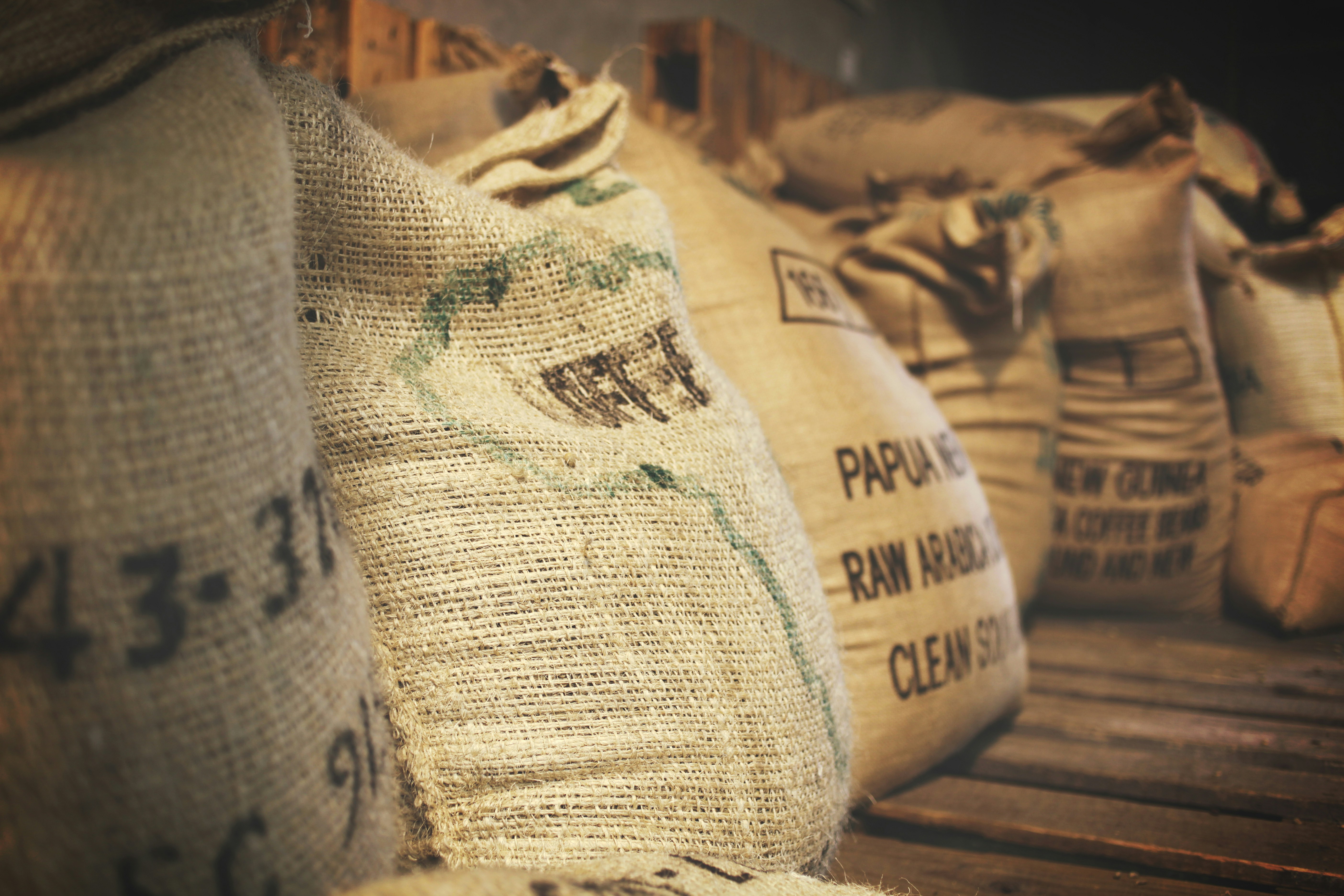The Nationale Wetenschapsagenda (National Science Agenda, NWA) was initiated by a call from the Dutch government in 2015 to develop a research agenda that addressed societal challenges and aligned research priorities with the needs of society. One of the unique features of the NWA was its bottom-up development process, which incorporated an open consultation with researchers, policymakers, businesses and the general public. This approach ensured that the inquires raised related to questions present in broader society.
Open consultation
The response from the Dutch public was overwhelming, with nearly 12,000 questions submitted. These questions were on a wide range of topics, covering all scientific domains and raising fundamental (“Is the universe a computer?”), societal (“Is the basic income viable?”) and practical (“Do wind parks influence weather patterns in the environment?”) and many more questions.
Some criticism has arisen regarding the recent consultation process, with suggestions that scientists may have submitted questions related to their own research fields with the aim of gaining more funding and attention. While the consultation was open to the general public, concerns have been raised about the potential bias of the questions submitted.
The Knowledge Coalition
The large response rate also created a problem: How on earth do you make an agenda based on over 12,000 questions? To address this, the Knowledge Coalition was formed, consisting of the universities of applied sciences, the university medical centres, the Royal Academy of Sciences, the two national science councils, the national institutes for applied research and the two largest employers’ federations in the Netherlands. The coalition gathered a group of experts, who reviewed all questions based on their validity and relevance. Subsequently, all related questions were bundled into 140 cluster questions under 25 thematic research routes which, in turn, were part of five themes: (1) human, environment and economy, (2) the individual and community, (3) diseases and health, (4) society and technology and (5) building blocks of existence. The cluster questions were intended to be ambitious and transformative in order to inspire collaboration between different fields of research. They ranged from “What is the importance of biodiversity and how do we preserve it?” to “Is there alien life?”.
Some have suggested that the NWA is too focused on following trends and does not provide enough room for innovative, curiosity-driven research. Additionally, there is concern that the generalisation of the 12,000 questions may not have been the most efficient approach, and that better clustering of questions and themes could have been implemented.
NWA implementation
The NWA continues to play a substantial role in the programming of the national science council. Funding is channelled through various programme lines, covering (1) funding long-term inter- and transdisciplinary research consortia related to the routes, (2) thematic calls initiated by departments of the Dutch government, (3) supporting network and renewal within the routes and (4) science communication and outreach. In the period since its launch and the end of 2021, EUR 200 million has been distributed to 190 projects ranging in size from EUR 50,000 to EUR 10 million. Yet, at least for the moment, when analysing the awarded projects it appears that most questions are not addressed at all. Over the 2018-2020 period, the Ministry for Science and Education reserved on average EUR 90 million a year for the NWA. The Dutch research community has expressed its concerns that this is by far not enough to answer the 140 cluster questions with some arguing, as well, that there is no fair representation of different scientific disciplines (whatever a fair representation may be).
In recent years, it has been felt that the NWA has not been able to deliver on all its big promises and ambitions, simply because the number of questions was so big, and the topics covered so broad that there is never enough budget to cover the whole range. The selection process by the Knowledge Coalition was not so much a selection process as a clustering process, in that no choices were made.
Despite these criticisms, the overwhelming public response to the NWA has been seen by many as a positive development. This response has demonstrated the significance and relevance of science to the general public and highlights the importance of continued support for scientific research.
Ultimately, the NWA can be a good model for other countries seeking to develop research agendas that address societal challenges and promote interdisciplinary collaboration. However, it will only have a lasting effect when adequate funding is connected to the agenda and when criteria are developed, and a procedure included, to ascertain fair distribution of funding.





